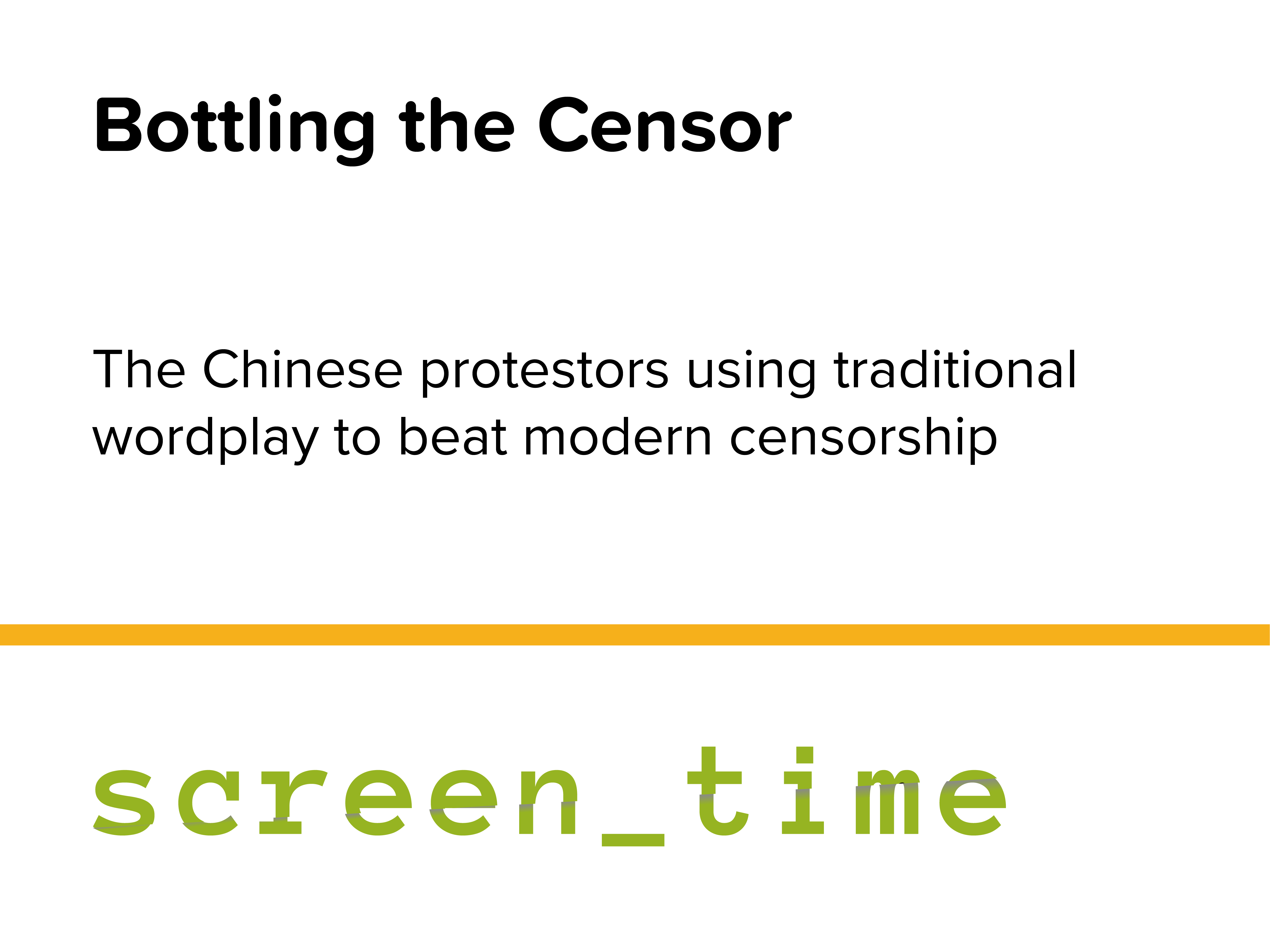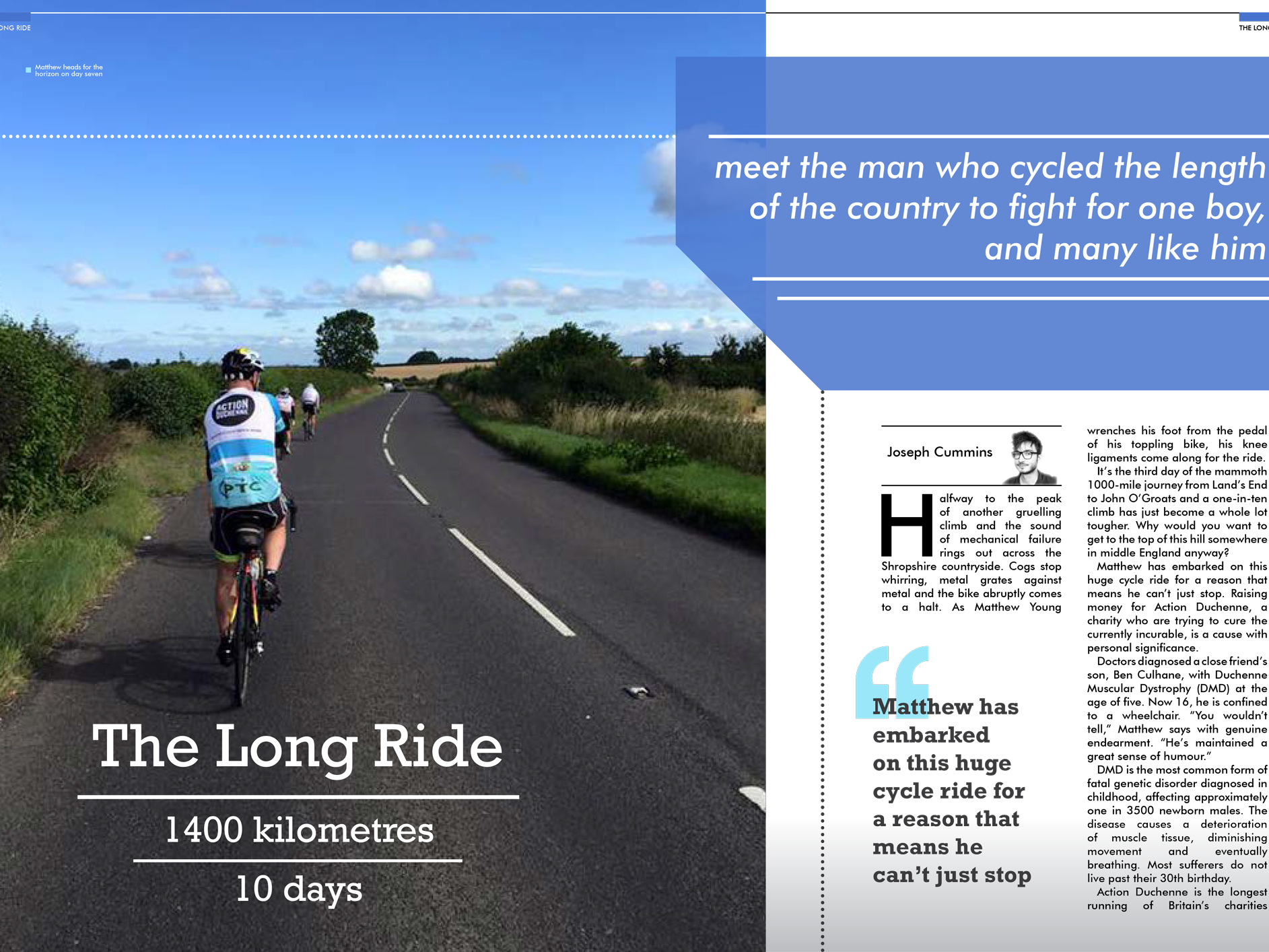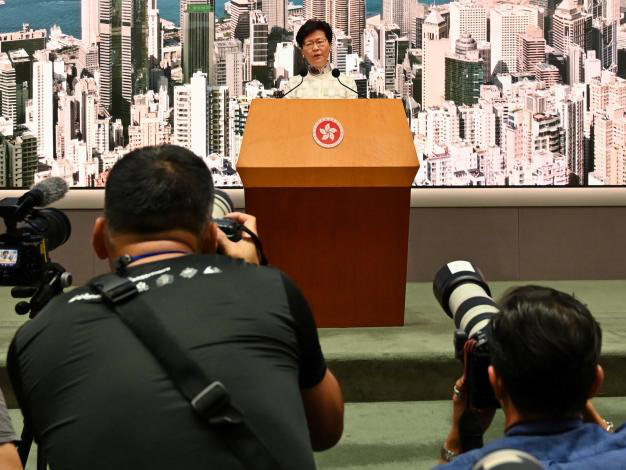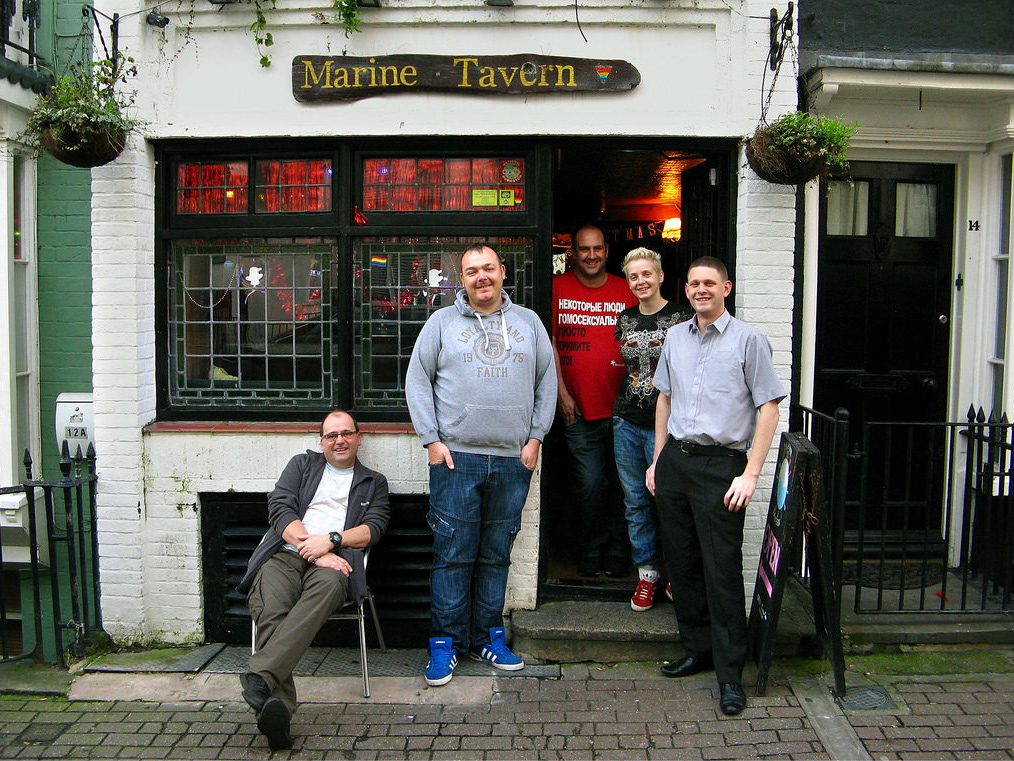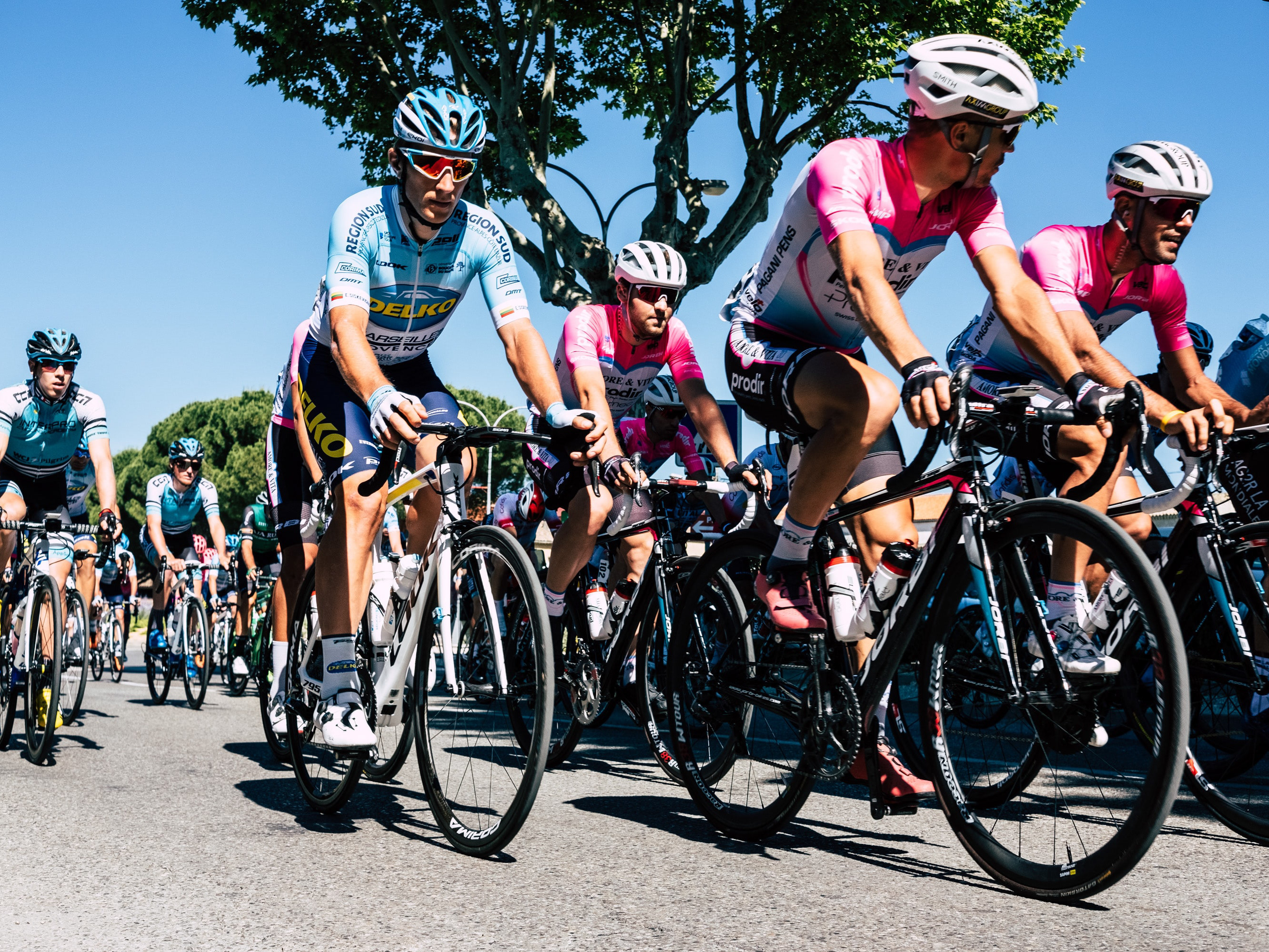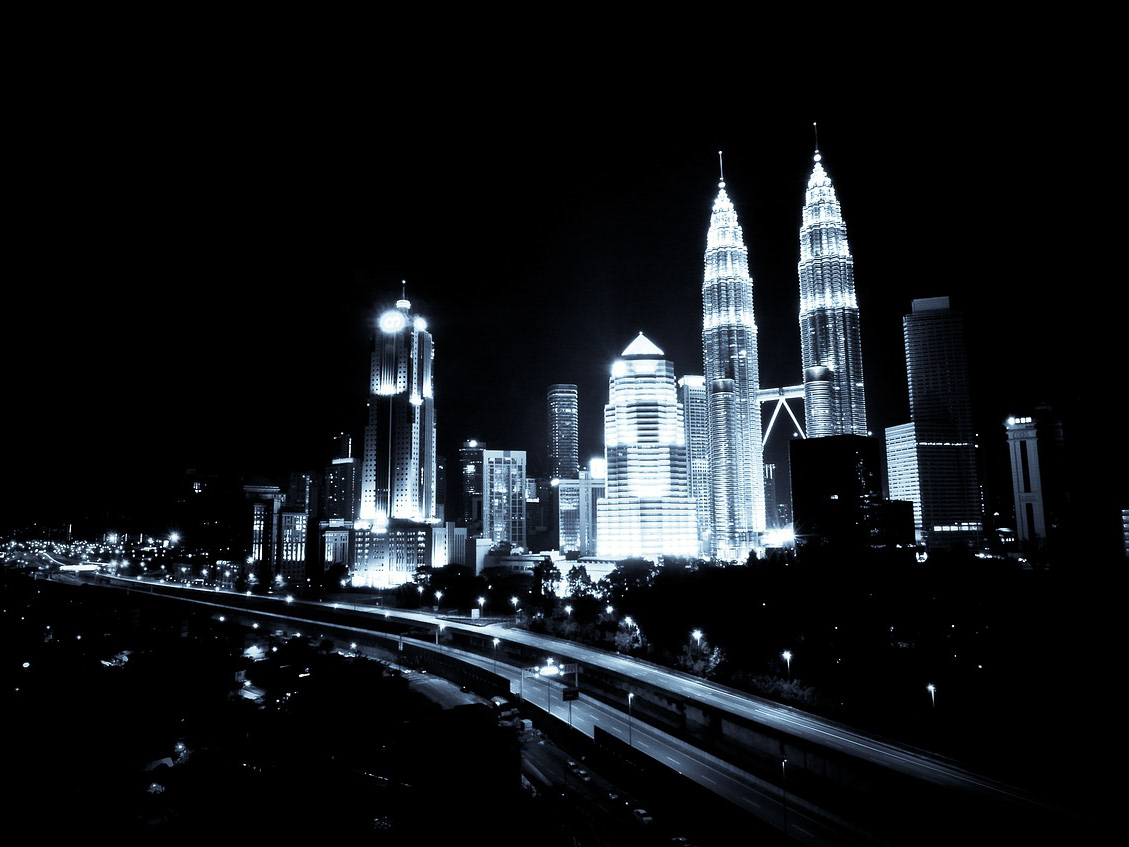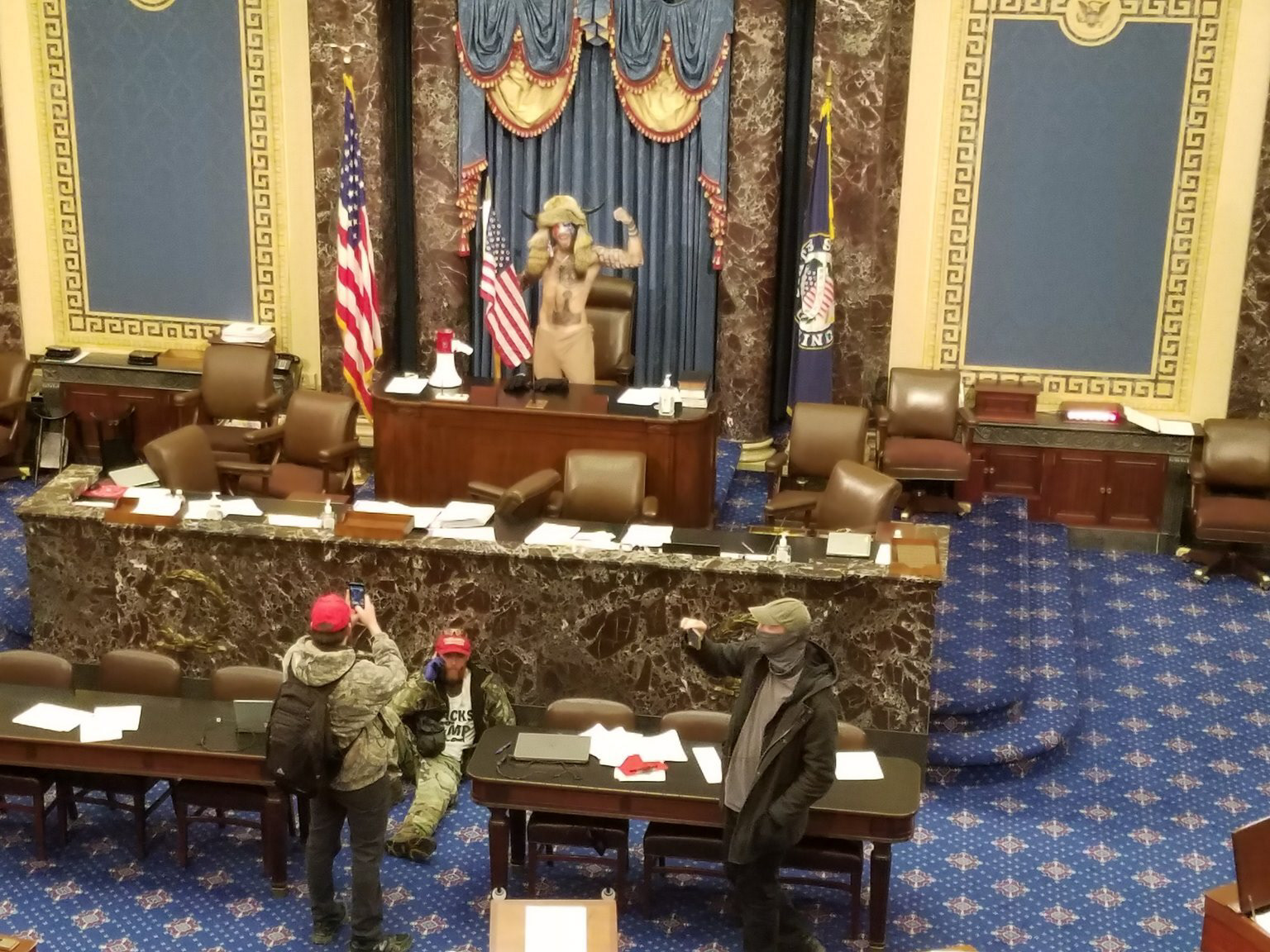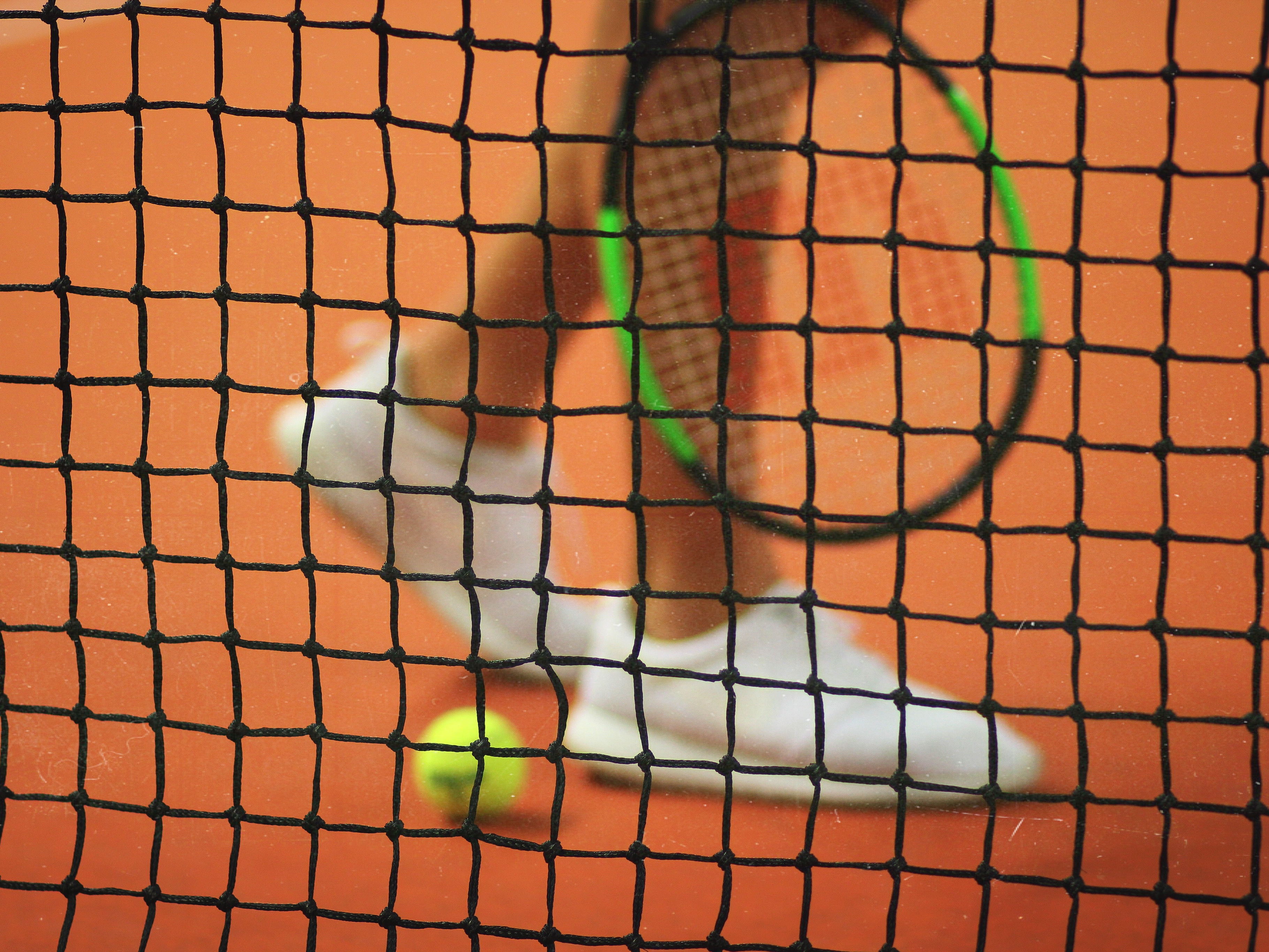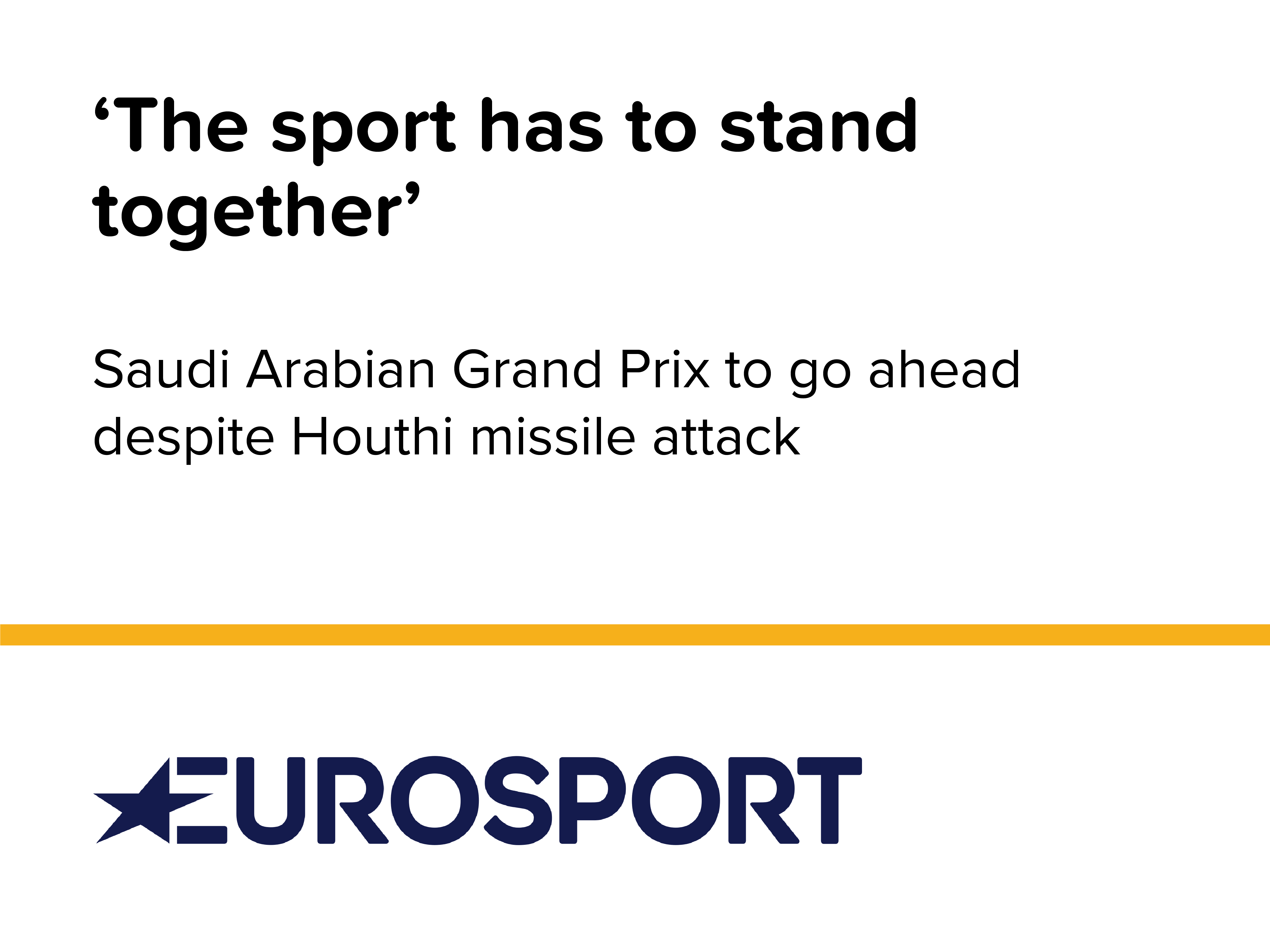Japan's tally of new Covid-19 cases hit a record high for four consecutive days last week as Prime Minister Yoshihide Suga reiterated his commitment to hosting the reorganised Olympic Games next year.
In a three-day project review, Mr Suga met with International Olympic Committee president, Thomas Bach to further coordinate plans.
But many in Mr Suga’s cabinet, and Tokyo governor Yuriko Koike, viewed the meeting as a chance to build confidence in Japan’s handling of the Games.
Publicly, the IOC is calling the postponed Tokyo 2020 the “light at the end of the tunnel” and a symbol of the resilience of humankind, but Mr Suga will have to answer stern doubts over his handling of the pandemic and prove that Japan can withstand the pressure of a truly global sporting event as infections rise.
Analysts have been predicting a ‘third wave’ in Japan but now say that the next two weeks will be critical in bringing the pandemic under control in a nation that has kept the number of cases and deaths relatively low.
Japan ranks 148th in the world for cases per population but has succeeded mostly due to strict border control and near 100 per cent mask-wearing among citizens.
“Please cooperate in taking basic measures to prevent the spread of infections,” Suga said in a public address at the Prime Minister’s Office on Thursday. “ Let’s overcome this together.”
But there is a dissonance between the economy-focused government and the subcommittee on countermeasures, which is worried about growing numbers.
Subcommittee chair, Shigeru Omi, told the House of Representatives’ Committee on Health, Labor and Welfare: “We’re past the stage of relying solely on individual effort.”
Mr Suga’ cabinet has limited any measures deemed to stymie economic recovery and criticised the subcommittee’s overzealous approach.
A senior government official told the Yomiuri Shimbun: “It’s a selfish opinion. They [members of the subcommittee] have gone beyond their authority.”
Japan’s model of “cluster-busting” – aggressive contact tracing and the isolation of sources of outbreaks – is now beginning to creak as the variety of localised outbreaks increase significantly.The first two waves of Covid-19 were linked with nighttime entertainment districts, but numbers are starting to rise across workplaces, medical institutions and public events.
In one of three “Olympic warm-ups” held at Yokohama Stadium, a proposed arena for the Games, opened its doors to spectators on 1 November.
Attendance for a game between DeNA BayStars and Hanshin Tigers reached 27,850 or 86 per cent capacity.
On-entry temperature checks, ultra high definition cameras used to track unmasked faces and a no-tolerance policy on shouting were used as Economic Revitalization Minister Yasutoshi Nishimura, head of Japan’s fight against Covid-19, looked to ‘experiment’ with stadium capacity.
Prior to these test events, Japan was one of few nations to allow fans to attend sporting events.
Germany’s Bundesliga allows crowds of 25 per cent and UK prime minister, Boris Johnson, called getting fans back in the stadium ‘before Christmas’ is a top priority.
The test events coincided with the visit of the IOC as Mr Suga demonstrated Japan’s reliance on technology in combating the disease but he has shown that he can be swift to rollback schemes deemed too risky.
In the first months of his tenure, Mr Suga offered continuity to former prime minister Shinzo Abe’s belief that internal travel can bolster the economy.
“Go To Travel”, a subsidy that promotes travel around Japan by offering a 50 per cent discount on hotels and travel, was introduced in May.
At the beginning of October, over 25 million overnight stays had been subsidised by the scheme.
But as Suga tries to prop up the economy, the rise of cases means Sapporo, Osaka and Tokyo have been stripped from the list of possible destinations – Tokyo was on the list for less than two months.
Before the Games were postponed, a third of the 7.2 million tickets were sold, the majority to spectators travelling within Japan.
During his visit, Mr Bach said: “In order to protect the Japanese people and out of respect for the Japanese people, the IOC will undertake great effort so that as many (people) as possible — Olympic participants and visitors will arrive here (with a) vaccine if by then a vaccine is available.”
Fans and competitors will likely be required to be vaccinated before attending the games, specifically in the case of media and fans from overseas.
The government is seeking to vaccinate all its citizens by the first half of 2021 and will prioritise older people over those with chronic diseases, said the Ministry of Health, Labor and Welfare (MHLW) in Japan.
Those wishing for the vaccine will be inoculated for free by submitting special coupons after which they will receive a certificate of their vaccination.
US giant Pfizer who developed their vaccine in partnership with BionNTech has already agreed to supply Japan with 120 million doses of their 90 per cent effective vaccine.
Albert Bourla, chairman and chief executive of Pfizer said: “We are proud to help support Japan in its steadfast determination to bring the world together at the [postponed] 2020 Tokyo Olympics.
“Our hope is that, subject to clinical and regulatory success, our potential vaccine will help make this happen.”
A poll by Japanese public broadcaster NHK showed 70 per cent of people thought the Olympics should be postponed further or cancelled.
